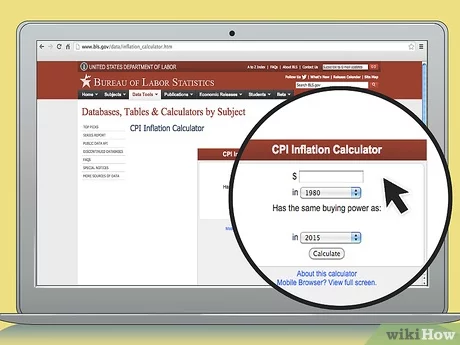A salary increase percentage is the percentage by which your current salary is increased. It’s a common way to express the magnitude of a pay raise.
How to Calculate a Salary Increase Percentage
To calculate the percentage increase, follow these steps:
- Determine the Raise Amount: Subtract your current salary from your new salary.
- Divide the Raise Amount by Your Current Salary: This will give you a decimal number.
- Multiply the Result by 100: This converts the decimal to a percentage.
Example:
- Current salary: $50,000
- New salary: $55,000
Raise Amount: $55,000 – $50,000 = $5,000
Percentage Increase: ($5,000 / $50,000) * 100 = 10%
Factors Affecting Salary Increase Percentage
Several factors influence the percentage of a salary increase:
- Individual Performance: Outstanding performance can lead to higher percentage increases.
- Company Performance: A company’s financial health and overall performance can impact the size of pay raises.
- Industry Standards: Industry-specific salary trends and market rates can influence salary increases.
- Cost of Living: Inflation can impact the need for salary adjustments to maintain purchasing power.
- Negotiation Skills: Effective negotiation can help secure a higher percentage increase.
Tips for Negotiating a Higher Salary Increase
- Know Your Worth: Research industry standards and your own value to the company.
- Quantify Your Achievements: Highlight specific accomplishments and contributions.
- Practice Active Listening: Pay attention to the employer’s perspective and concerns.
- Be Confident and Assertive: State your expectations clearly and assertively.
- Consider the Total Compensation Package: Evaluate the overall package, including benefits, bonuses, and stock options.
- Be Prepared to Walk Away: If the offer doesn’t meet your expectations, be willing to walk away.
By understanding the factors that influence salary increases and practicing effective negotiation strategies, you can maximize your earning potential and secure a fair pay raise.




